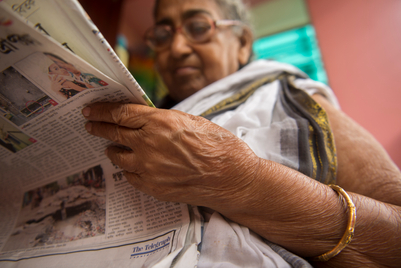
Where are gen Z and millennials sourcing Covid information?
Global study uncovers what sources young people are turning to for information about Covid-19, in an attempt to piece together how the misinformation crisis has spread

Top news, insights and analysis every weekday
Sign up for Campaign Bulletins
Most Read
Just Published
The multiverse of men in Asia
The next generation of men is defining masculinity as a spectrum, not a template, giving brands a rare chance to be a part of shaping culture.
2026 is the year of ‘Imperfect by Design’
80% of creators believe 2026 is the year to regain creative control, according to Canva’s third annual Design Trends Report.
Air India is scripting its redemption arc in its ...
Passengers have never smiled more than on an Air India ad.
India’s food creators are quietly redefining how we ...
Regional food creators are India’s new culinary tastemakers, shaping what people crave and choose to eat.



.jpg&h=334&w=500&q=100&v=20250320&c=1)
.jpg&h=334&w=500&q=100&v=20250320&c=1)
.jpg&h=334&w=500&q=100&v=20250320&c=1)

.jpg&h=334&w=500&q=100&v=20250320&c=1)






.jpg&h=268&w=401&q=100&v=20250320&c=1)




.png&h=268&w=401&q=100&v=20250320&c=1)
